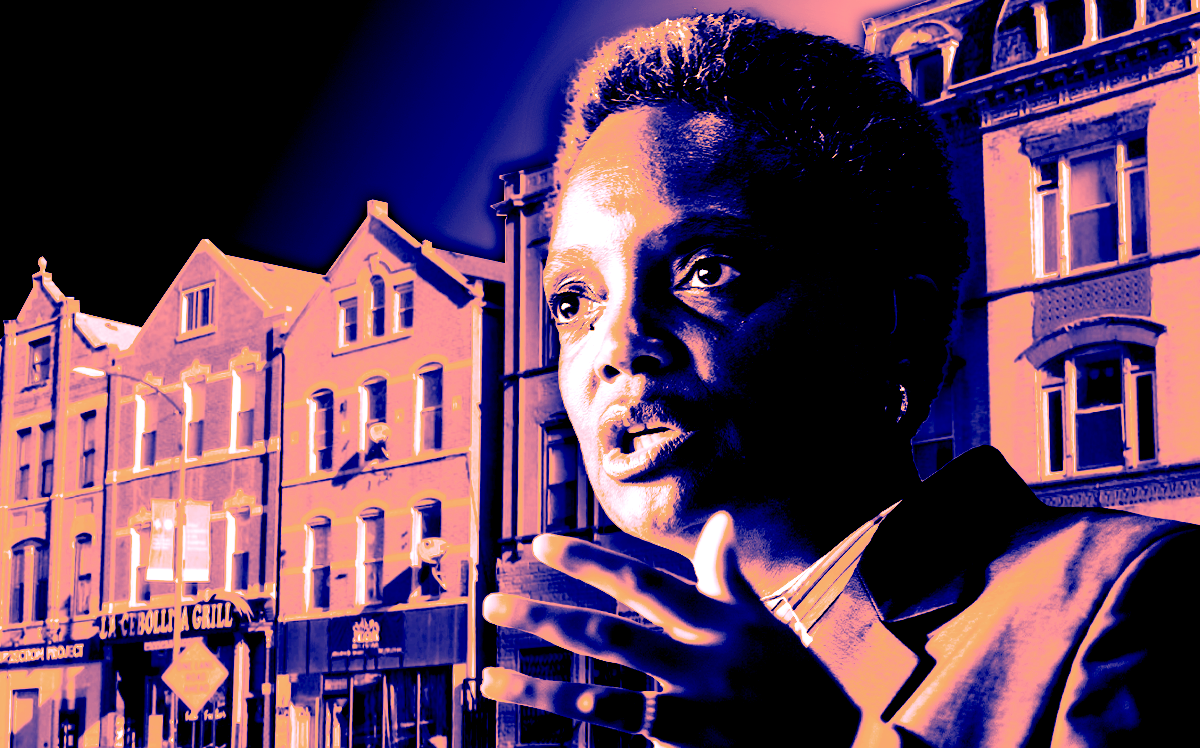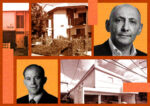Trending
Chicago to invest $1B in affordable housing more than double the 2019 allocation
The affordable housing package set to create more than 2,400 rental units

Chicago is making its biggest bet on affordable housing, unveiling a $1 billion package that’s more than double the amount approved two years ago.
The city will invest in 24 developments to create or preserve 2,428 rental units, Chicago Mayor Lori Lightfoot and the city’s Department of Housing said on Monday. Funding will come from Low-Income Housing Tax Credits, public loans and money from the $1.2 billion Chicago Recover Plan, which was approved as part of the mayor’s 2022 budget.
Chicago said in 2019, the most recent round of awards, that it would spend $398 million on affordable housing that included 11 developments and 1,083 rental units.
Eight of the developments in the new package are within Invest South/West, Mayor Lightfoots’s three-year program to fund $750 million for economic development in the area.
About 30 percent of the rental units will be two- to four-bedroom apartments, a nod to criticism that housing programs mostly subsidized smaller spaces. About 16 percent will be for households earning 30 percent of the area median income.
The city also bought more than six acres of vacant land at 18th and Peoria streets in Pilsen, a rapidly gentrifying neighborhood in Chicago’s Lower West Side. New York developer Property Markets Group sued the city in 2018 for its decision to rezone the parcel for industrial use.
Property Markets planned to build a 434-unit residential building in 2019. The project never materialized, though, because the developer didn’t commit to affordable units. While the case is still pending, the city’s Housing Commission said the property’s owner agreed to a $12 million sale.
Pilsen would accommodate a minimum of 280 affordable units, officials said.
“Today’s announcement has been more than six years in the making with the people of Pilsen standing shoulder-to-shoulder, demanding affordable housing, and that collective fight was for the social fabric of an entire community that stretches beyond this intersection,” said Alderman Byron Sigcho-Lopez of the 25th ward, who opposed Property Markets’s proposal.
The proposed developments must get City Council’s approval for public subsidies and zoning changes. Officials said closing is expected to take between eight and 18 months.




